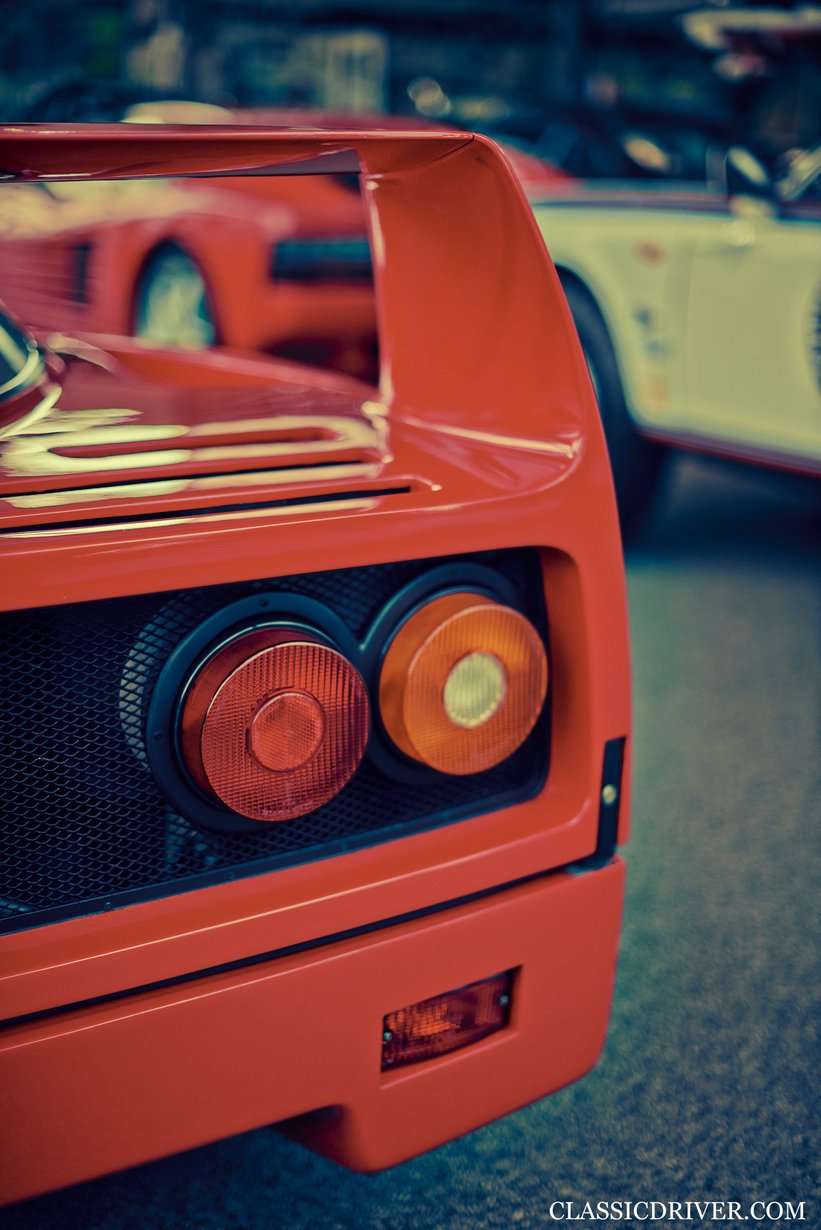
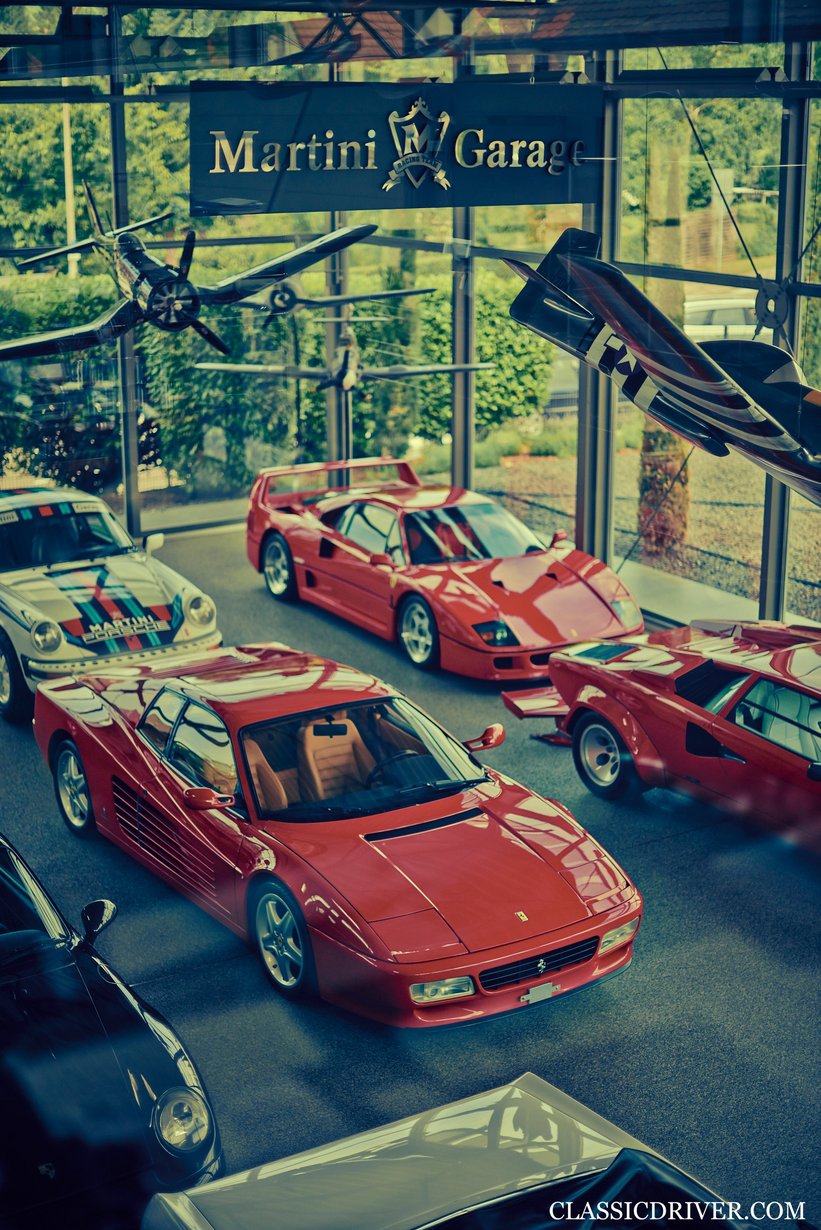
What is your earliest automotive memory?
It’s definitely my father’s sky-blue Mercedes-Benz 220 SE, complete with legendary tailfin and Pepita-patterned seats. We had a chauffeur at the time and, under his guidance, I was able to drive my first laps around the family business’s yard.
How did you end up in a profession involving cars?
Movement must have been pretty important to me from very early on, as my mother always said that I could never sit still. I started karting when I was 11 years old and loved riding my sister’s old moped. My motto was always ‘the faster, the better’, and I later ended up racing in series such as NASCAR and the Porsche Cup. My family ran a traditional paper mill, but eventually I had to follow my passion, founding the Martini Garage as a result. Ironically, my nine-year-old son has already started karting, and my three-year-old regularly visits me at the dealership.
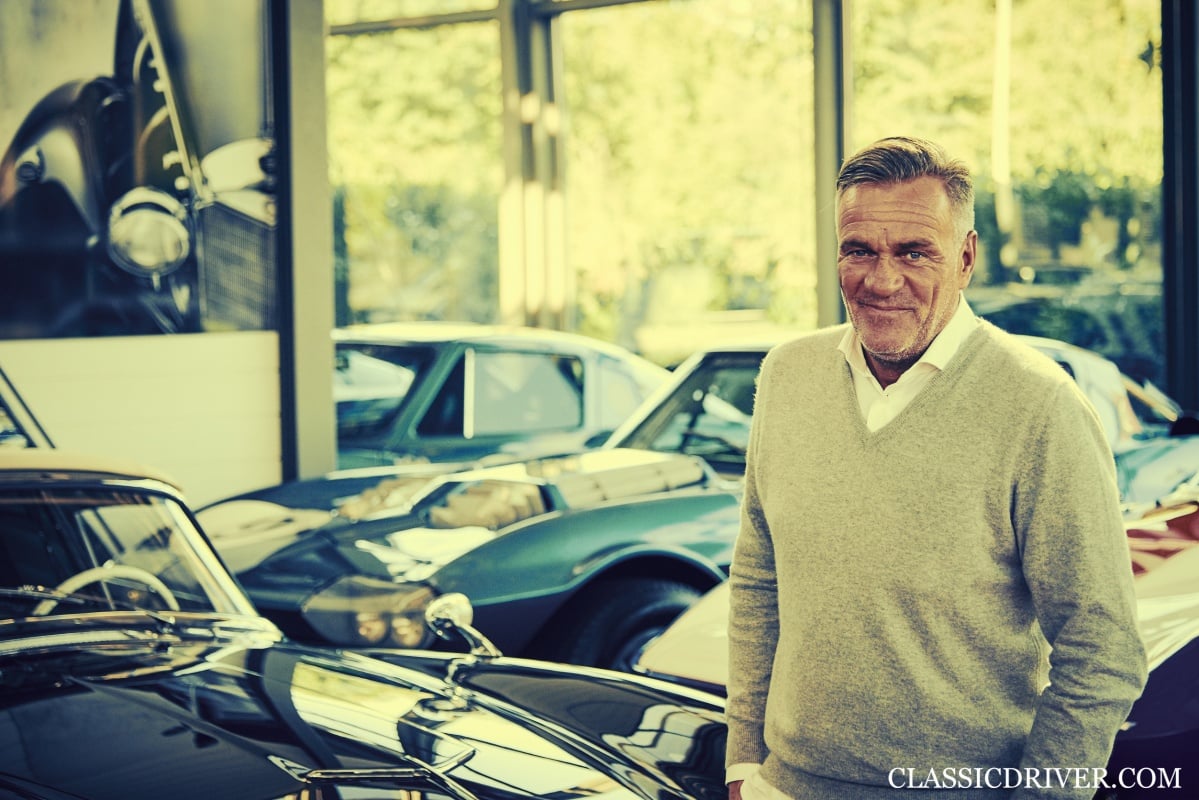
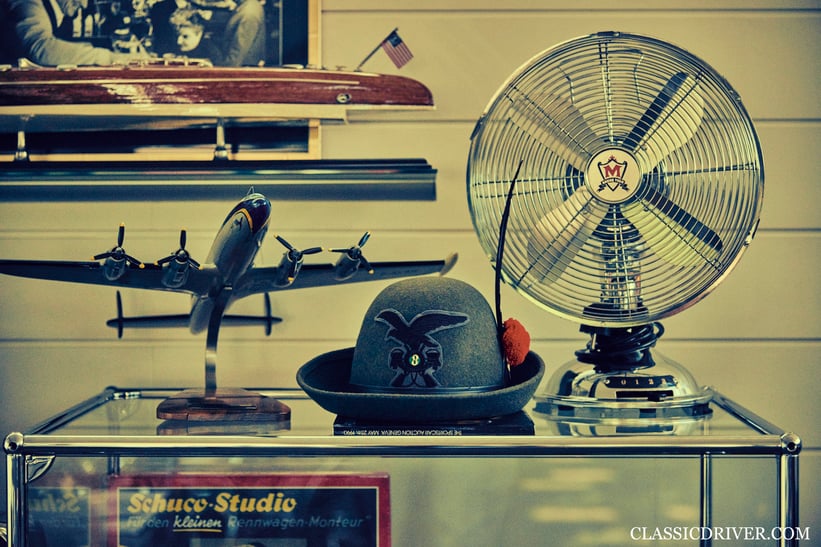
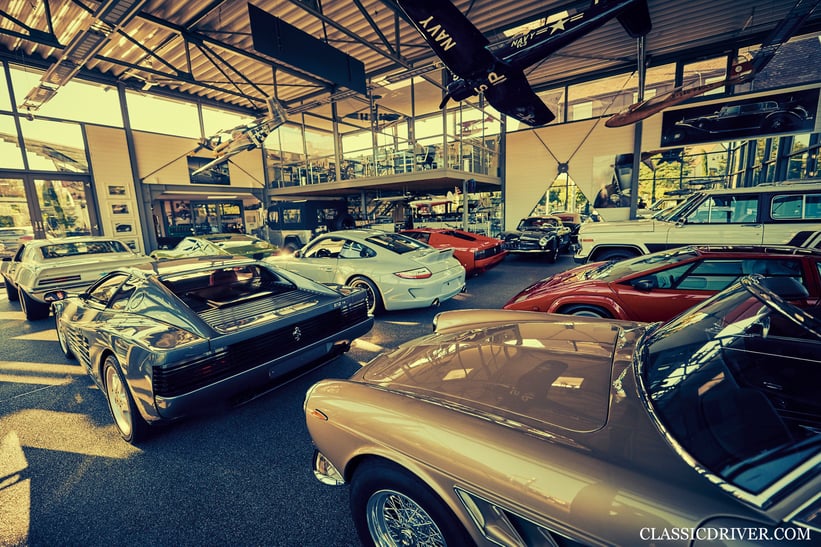
What fascinates you about cars?
It’s really the design, power and grace that certain cars boast, and the independence they give us. It’s important to me to genuinely like the car I’m driving.
What attributes must a classic car in your inventory have?
Most would answer originality but, to be honest with you, what is original on a car that’s 50 years old? For me, I look for overall condition – we deal with the finest cars, so if it means selling fewer examples to uphold this principle, then so be it. Our restorations are particularly important. If a customer is going to drive his classic, the last thing he wants is a non-starting or overheating engine. Peace of mind is everything.
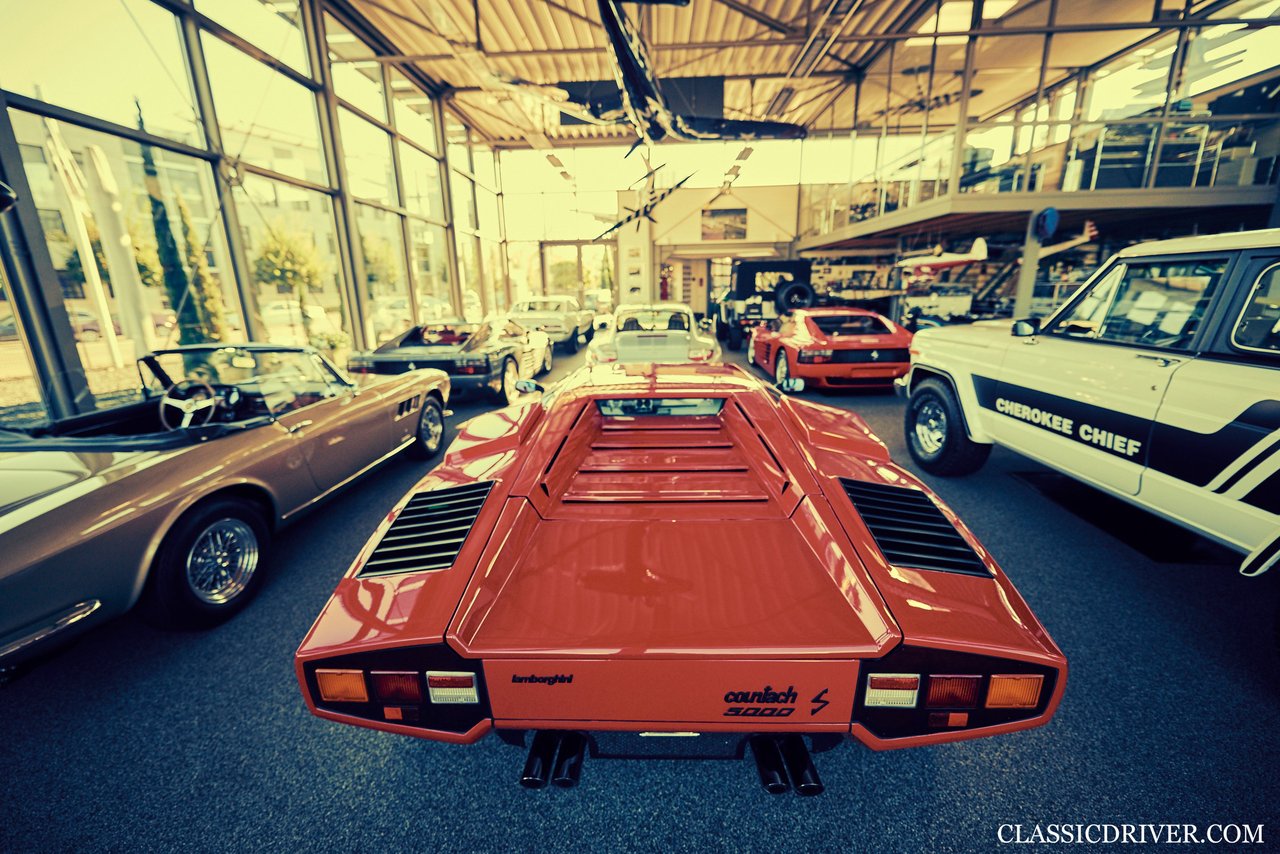
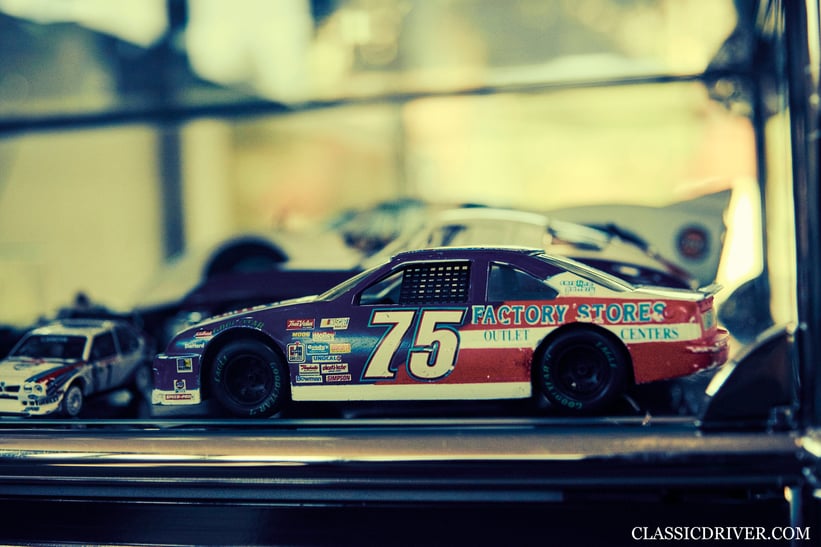
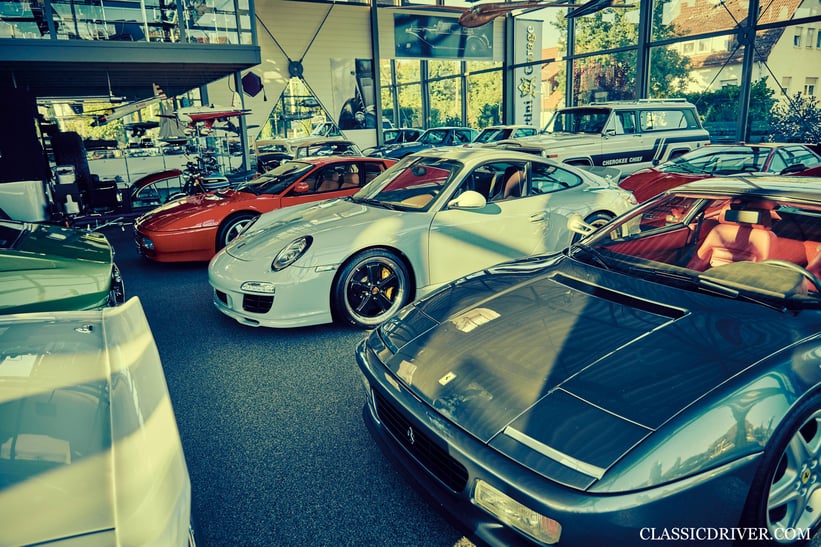
Which marques are particularly special to you?
Historically, we’ve specialised in the restoration of BMW 507s, but of course I also adore 300 SLs, and classic 1960s and 1970s Ferraris and Aston Martins. Take the Ferrari 275 GTB and 288 GTO, or Aston Martin DB5 and DB6, for example. They are legends in their own rights. It astonishes me that, aside from the BMW 507 and Mercedes 300 SL, no real design icons have emerged from Germany in the post-War years.
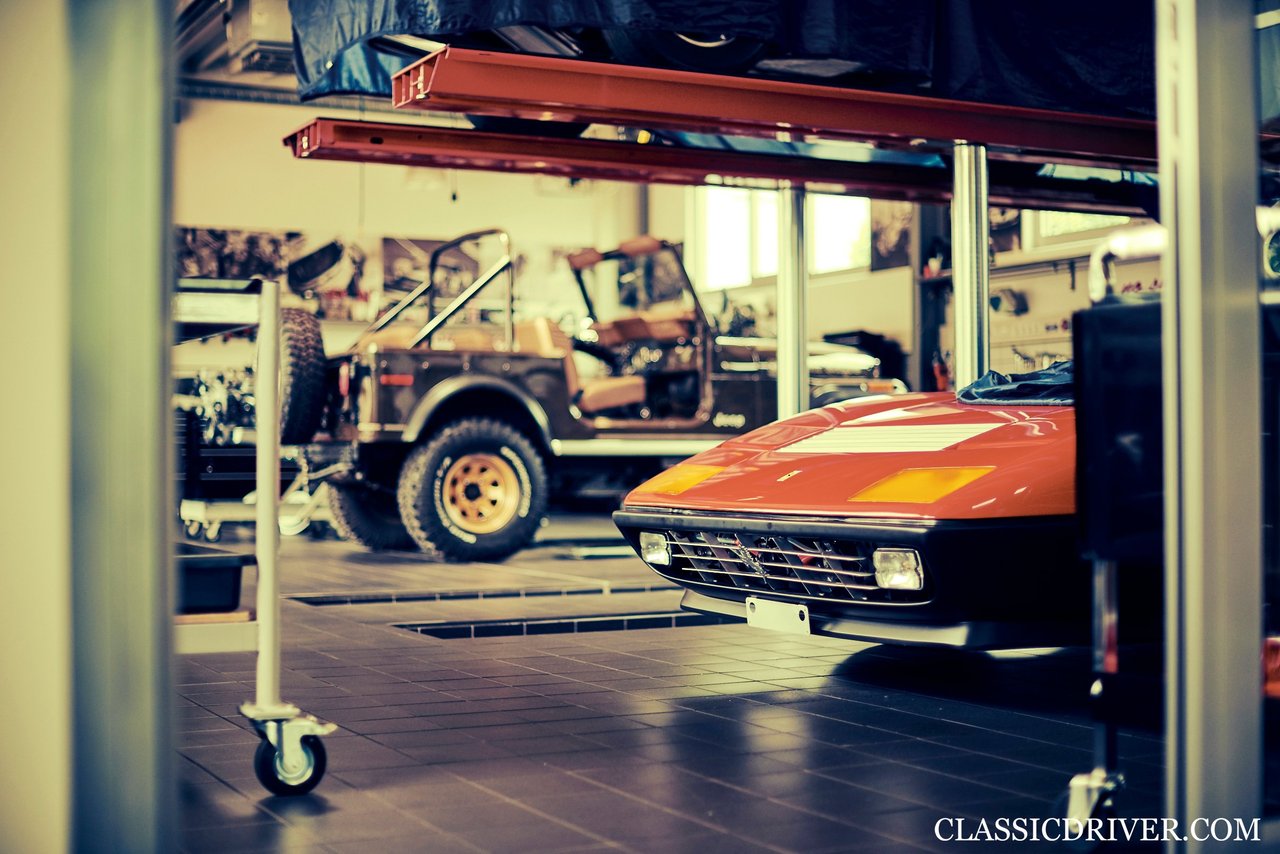
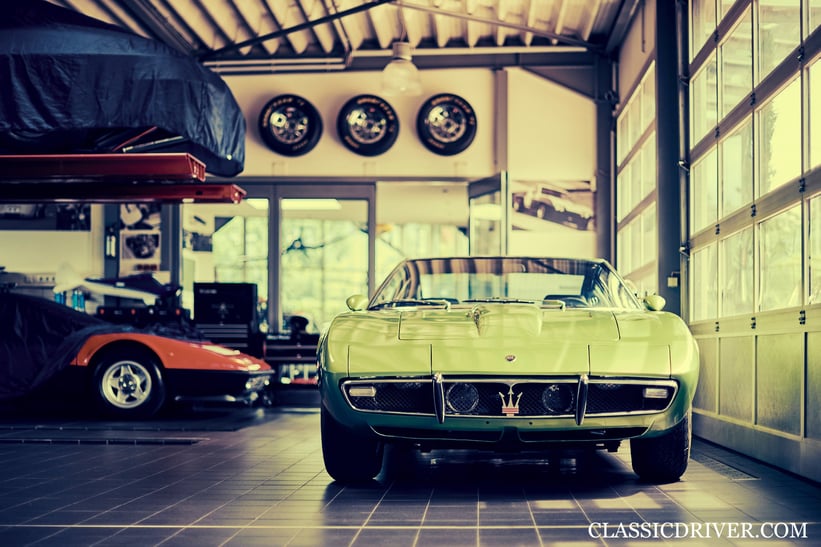
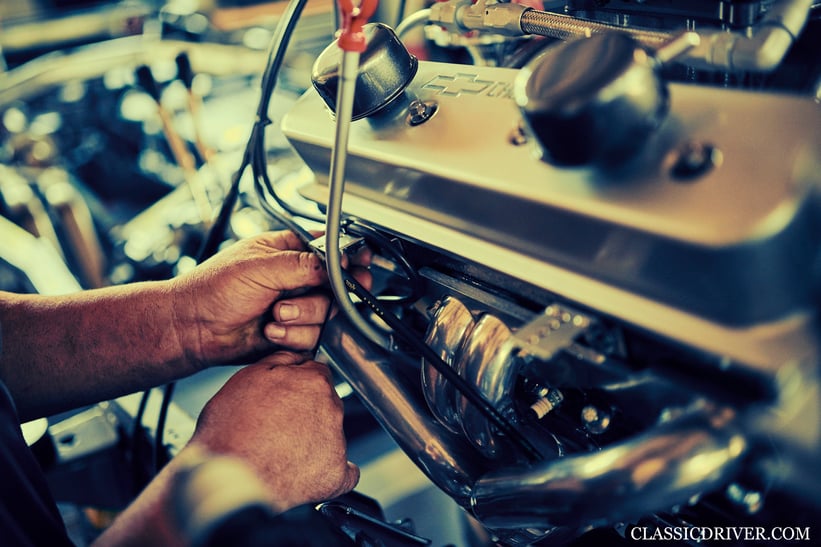
What characteristics are particularly important to someone in your profession?
I would say honesty, reliability and the willingness to learn new things every day. I love the communication we have with our customers, and would invite any prospective clients to pop in to say hello, or for a coffee. I’ve had clients arrive looking for a certain car, and leaving with a totally different one. It’s about talking and understanding the individual’s circumstances and criteria. One must have a good understanding of people.
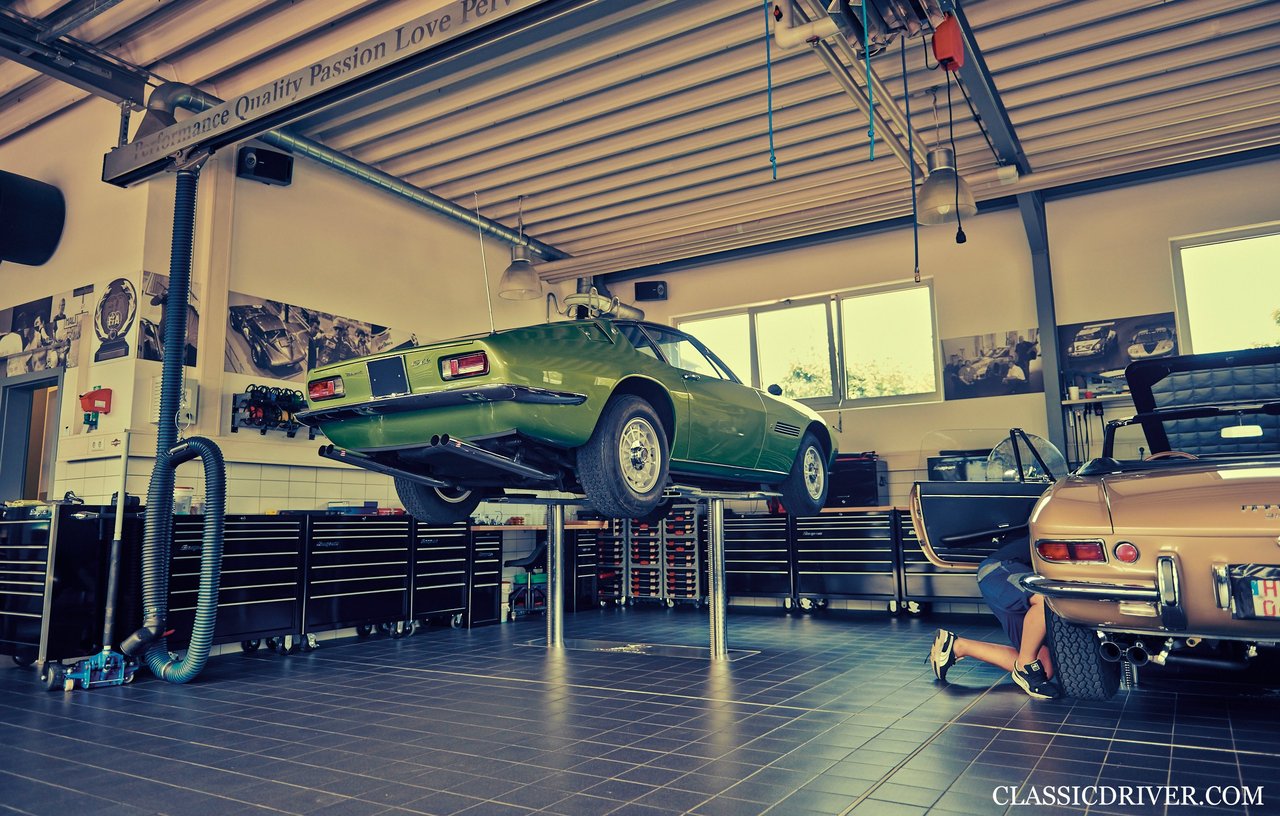
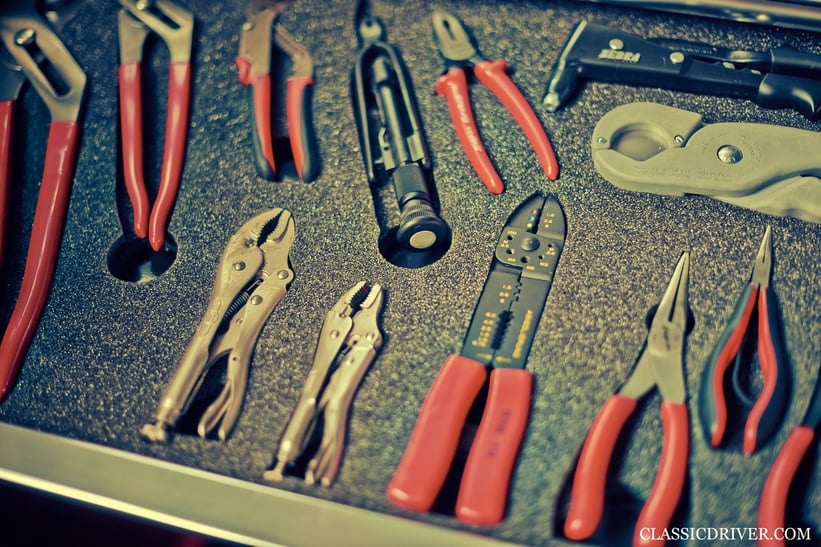
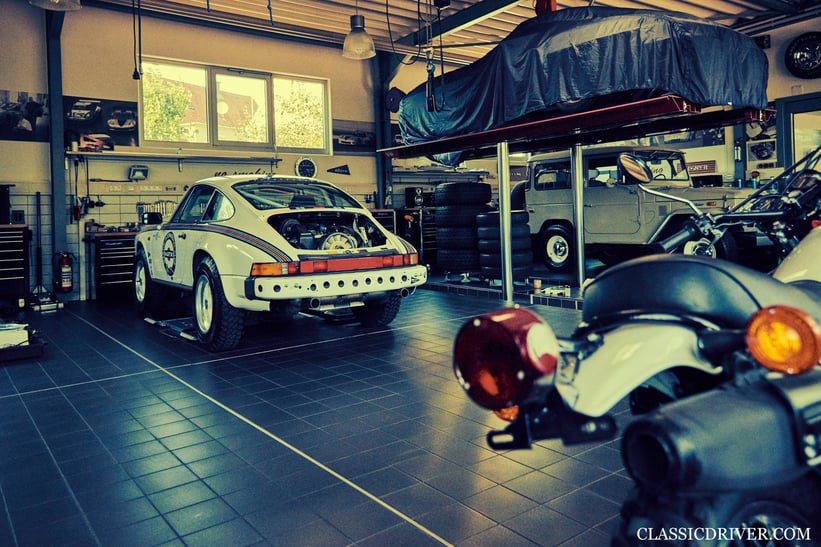
What can your customers expect of you?
We’re always there when they need us. Sometimes problems might seem impossible, but we always look for a solution. We’ve driven overnight to the South of France before, with a catalogue of spare parts ready to install in time for a customer to start a race. Here in Heilbronn, I have four technicians, one of whom has worked in Formula 1. I often carry out restorations in Hungary – not because it's cheaper, but because I find the experts there particularly impressive. They’ve mastered technical perfection.
How has the industry changed in recent years?
I don’t think the development is as extreme as is often reported, but I do think more and more collectors are less keen to let go of their perfect cars, hence the market is saturated with lower-quality examples. As such, it’s becoming increasingly hard to find good cars for sale. It’s hard to predict where the market will go in the future, but I would expect a further rise in price for the very best cars.
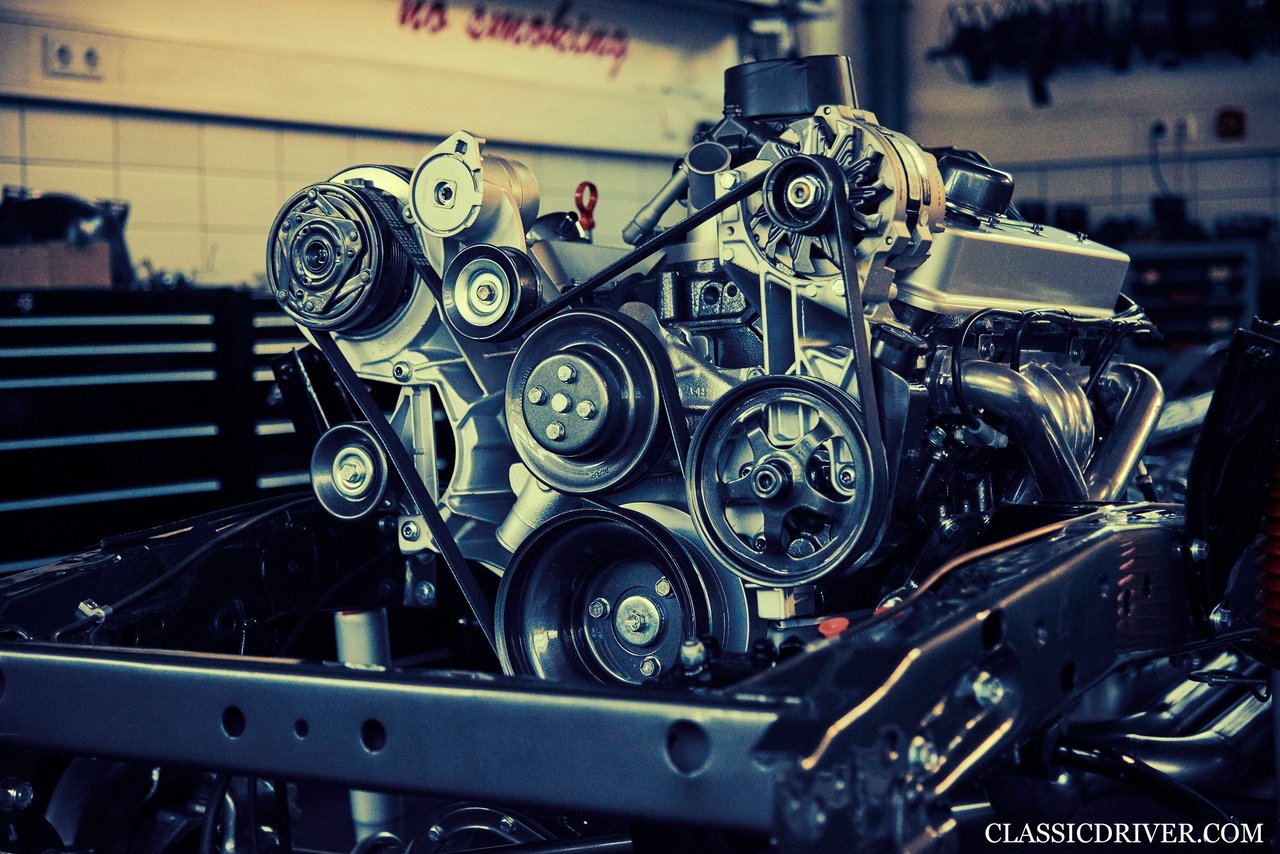
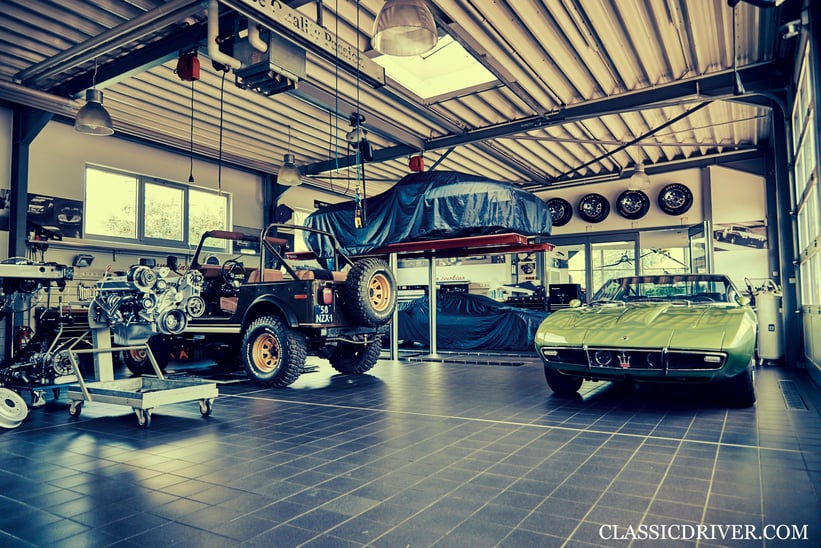
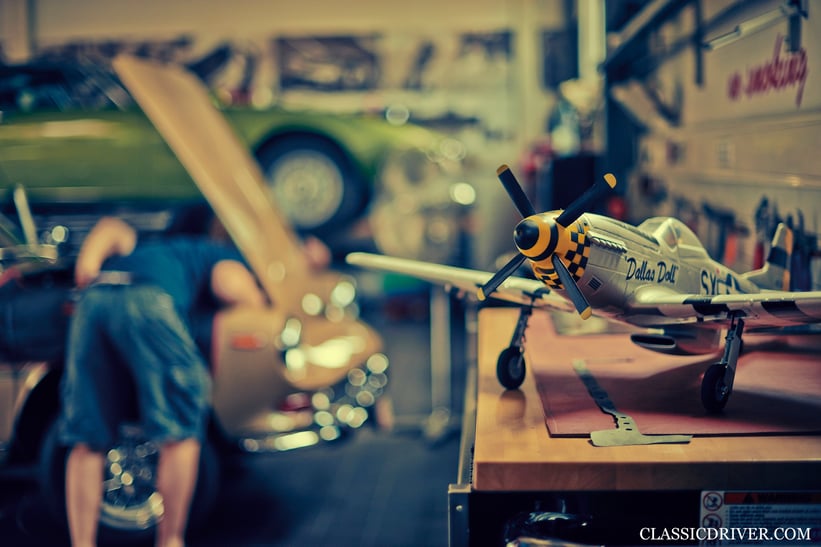
Is there a particular car you’d like to keep?
As a trader I couldn’t really say, but personally I love the BMW 507. There were very few built – just 28 of the first-generation models and 197 of the second – and I proudly own one of them. It's my hobby.
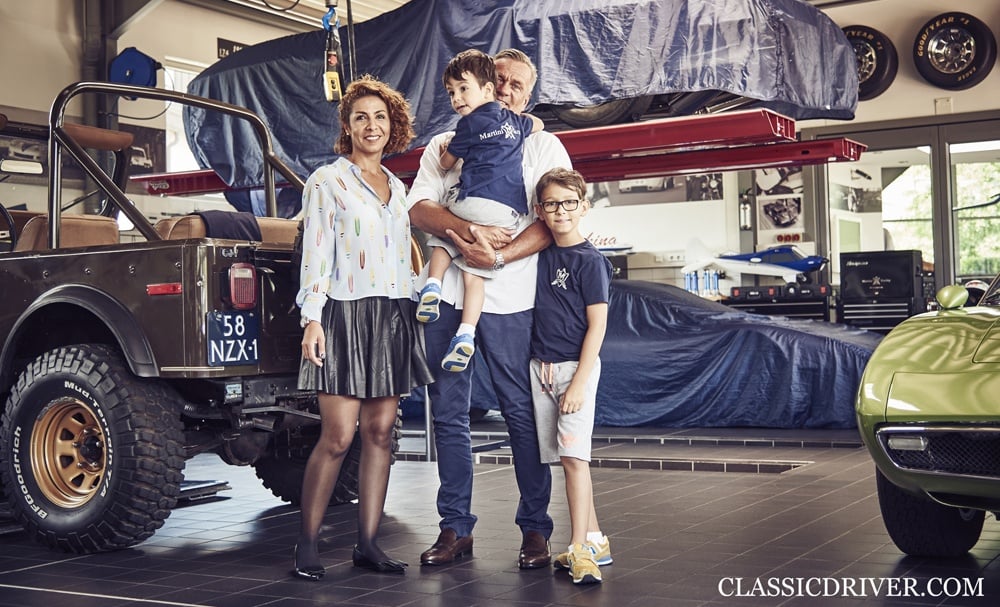
What do you drive at the weekends?
An Audi RS6. It’s the perfect family mule.
Photos: Frederik Dulay for Classic Driver © 2015



















































